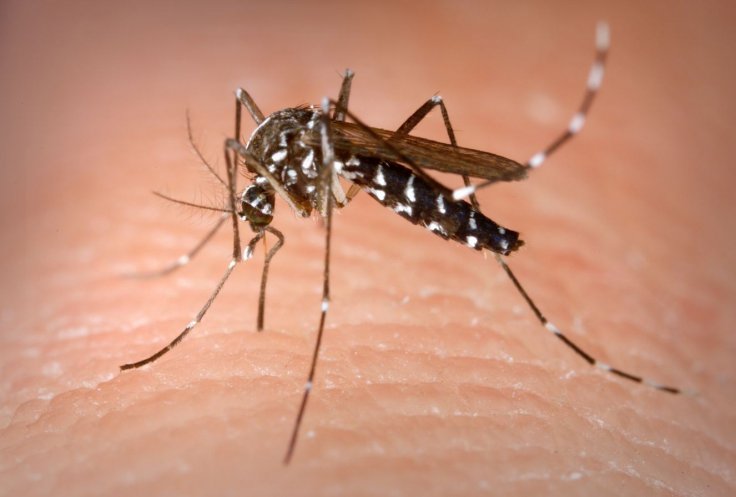
Amid concerns over the growing number of coronavirus cases and the resurgence of the deadly cholera outbreak in Yemen, at least 50 people have lost their lives to the mosquito-borne chikungunya, according to a Turkish media report citing Yemeni government officials.
All 50 deaths have been reported in Yemen's temporary capital Aden, a city which coincidentally also has the highest number of confirmed COVID-19 cases in the war-torn Arab nation.
An official, speaking on the condition of anonymity, said more than 3,000 people were infected by chikungunya. The source also confirmed that one of the dead was the governor of the district of Sheikh Othman in the Aden governorate, in southern Yemen.
Sources believe the mosquito-borne disease surfaced due to the formation of swamps following floods on April 21.
Yemen floods
Yemen was battered by heavy rains and floods in mid-April affecting more than 150,000 people, according to Jens Larke, spokesperson for the United Nations Humanitarian Affairs Coordination Office (OCHA).
At least eight people, including five children died and hundreds of houses were either partially or completely destroyed due to the floods in Aden alone.
The temporary capital has been declared a disaster zone by the internationally recognised Yemeni government of President Abedrabbo Mansour Hadi.
According to the World Health Organization, chikungunya is a disease caused by a virus that is spread among people by the bite of an infected mosquito. The disease typically lasts five to seven days and the most common symptoms of infection include fever as well as frequent and severe, often incapacitating, joint pain. Other symptoms include headaches, muscle pain, joint swelling and skin rashes. Outbreaks of chikungunya have occurred in many countries in Africa, Asia, Europe, and the Indian subcontinent.
The chikungunya deaths in Yemen come days after a report from the OCHA said UNICEF had recorded more than 110,000 cases of cholera in Yemen since the beginning of 2020.
A surge in cases of any disease, be it cholera, the coronavirus, or even chikungunya, furthers concerns for the impoverished nation's vulnerable population who are at greater risk of contracting infections and triggering outbreaks due to the country's broken healthcare system and worsening humanitarian conditions caused by five years of civil conflict in the country.
Coronavirus spreading undetected
Amid the worsening humanitarian crisis in Yemen, the UN fears the SARS-CoV-2 virus could be spreading undetected in a country where almost 80 per cent of the roughly 2.8 million population faces famine and lacks access to sanitation and medical care. The official coronavirus count is 34 with seven deaths.









